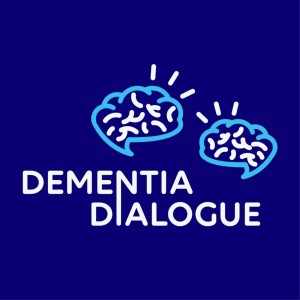
Rachel Hofstetter’s parents, Chris and Dorothy Quick are living with dementia. Before they moved into the same long term care home at different times, Rachel recounts some of the challenges and transitions that they experienced. These challenges include decision-making, driving, admission into long-term care, and working with multiple providers. Rachel received support from a MINT Memory Clinic. Monica Wood and Cara Dowhaniuk work at the memory clinic and along with Rachel, they describe how they support families like Rachel’s and collaborate with other primary care providers.
Having two parents at different stages of cognitive decline can be overwhelming, as Rachel explains, especially when it comes to understanding your role and having to navigate new power-struggles, regarding resistance to relinquish their autonomy and privacy.
She tells us of a pivotal moment, amidst concerns of her father’s fitness to be her mother’s caregiver countered with her parent’s desire to guard their independence and life together, when a wrenching incident changes everything.
Rachel then talks about how she often felt lost or “bounced around” within the system but found great support at the MINT Memory Clinic.
Monica discusses the limitations to care in every healthcare model, particularly with regards to general practitioners and their lack of time or scope within their practice to fully investigate a complex disease like dementia. She then describes how MINT Memory Clinics are specifically designed to serve and assess these patients more fully.
More information about the MINT Memory Clinics in Ontario can be found at: https://mintmemory.ca/
More Episodes
 2024-10-22
2024-10-22
 2024-04-22
2024-04-22
 2024-03-26
2024-03-26
 2024-03-20
2024-03-20
 2024-02-27
2024-02-27
 2024-02-09
2024-02-09
 2023-11-23
2023-11-23
 2023-11-23
2023-11-23
 2023-11-22
2023-11-22
Create your
podcast in
minutes
- Full-featured podcast site
- Unlimited storage and bandwidth
- Comprehensive podcast stats
- Distribute to Apple Podcasts, Spotify, and more
- Make money with your podcast
It is Free
- Privacy Policy
- Cookie Policy
- Terms of Use
- Consent Preferences
- Copyright © 2015-2024 Podbean.com





